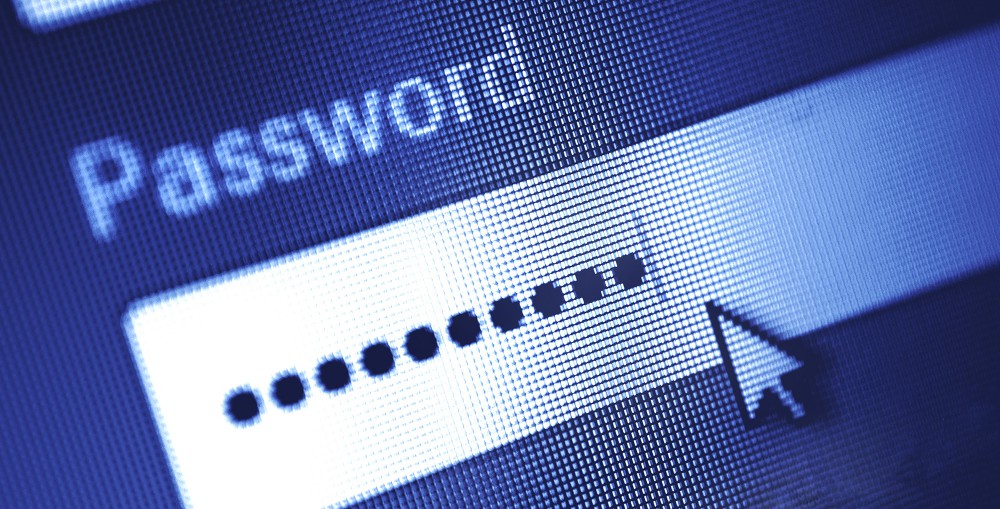JANUARY Cyber Scam Newsletter
In this months edition, we're raising awarness of tv licence and fake tax phishing scams online, cold-call pension scams and how to turn off your location on Snapchat.
Passwords are the most common way to access your information by proving your identity. They are used to access a variety of information with varying degrees of confidentiality but chances are if it needs a password, it’s worth protecting.

The 'How Secure Is My Password' website lets you see how long it would take a cyber criminal to crack your password, and gain access to your accounts!
Given all the different online accounts we have, it is near impossible to remember strong, unique passwords for each one.
Password managers do all the hard work for you – they will create and remember strong, unique passwords for all of the different accounts you have.
The only catch is to make sure that the password manager has a very strong password which you can remember.
Online searches for password managers may let you know which one will work best for you.
Two Step Verification or Two Factor Authentication is a process of protecting personal data which require a login. Most banks use this protection for their online services.
This method requires a password but also adds an additional login step using a mobile, alternative email or authenticator app/device.